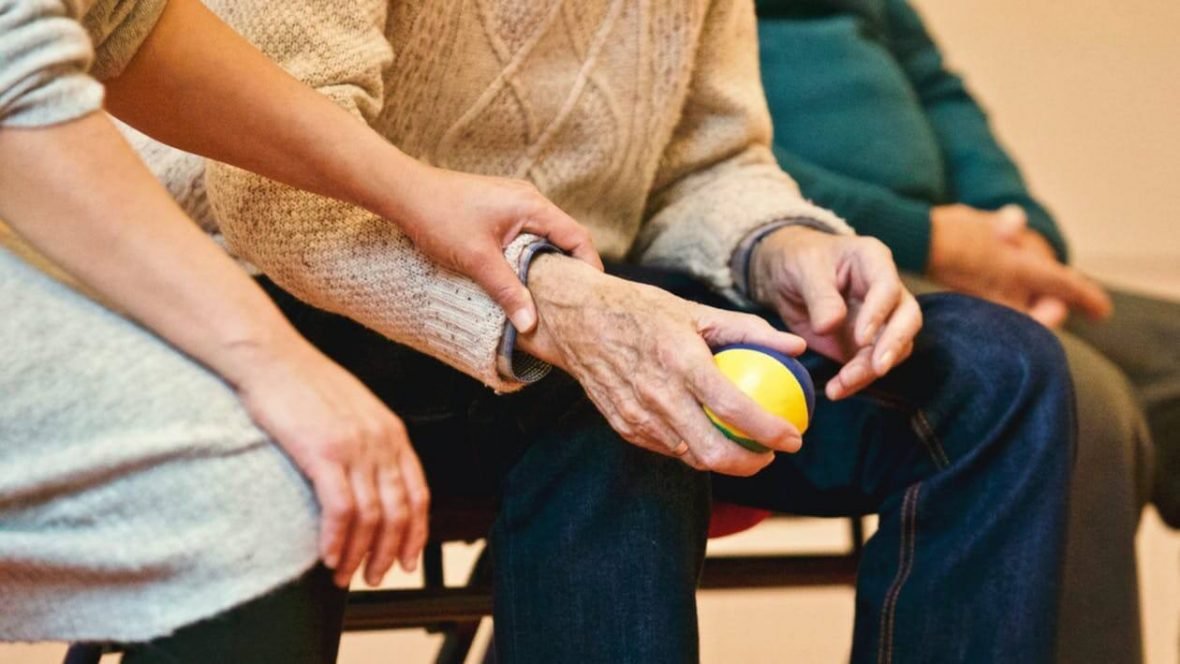If you think that you might have rheumatoid arthritis, and this is your first time visiting a rheumatologist, there are a couple of things you should know. First of all, the sooner you treat your rheumatoid arthritis the more likely you are to stay active for a long time.
Of course, the first step is to find a good rheumatologist in your area. You can consider the rheumatologist Brisbane or you can search more locally instead. Just make sure that you do your research when it comes to finding a good rheumatologist.
What is a rheumatologist?
A rheumatologist is an internist or a pediatrician. They have gone through special training in order to be able to help with disease that affects our muscles, bones, and joints. These also include rheumatic diseases and autoimmune conditions. Some of these conditions can include:
- Long-term back pain.
- Rheumatoid arthritis.
- Psoriatic arthritis.
Your first visit
A rheumatologist had proper training in order to make the perfect treatment plan just for you. Each treatment plan is tailored to the patient in need. So, during your first rheumatologist visit, your doctor will begin the examination while having a conversation about your issues. Your appointment is going to be an hour or longer, but it is very important.
Keep in mind that rheumatoid arthritis is a long-term disease, and if it goes untreated it can cause a lot of pain and discomfort on a daily basis. However, treating rheumatoid arthritis also means that you will be visiting your doctor quite often, and they will help you manage your condition properly.

What will your doctor ask you?
In case you are nervous about the questions you will be asked, there is really no need to be. Your rheumatologist will ask you a couple of questions concerning your condition and why you decided to visit. These questions can include your symptoms, how often the symptoms occur, what makes you feel better or worse, which activities are causing you the most pain, how bad is the pain, etc.
It is crucial that you have an honest conversation with your doctor. A rheumatologist is here to help, so there is no reason to make your symptoms seem worse or better when talking to them. Sometimes, the questions might not seem like they are a part of the rheumatoid arthritis diagnose, but those are still necessary for your doctor to give you the best treatment plan.
If there is anything you are interested in, you can freely ask your doctor for advice. You could ask them about the gout treatment plans, or other treatments that can help you. Your doctor will be happy to answer all of your questions.
The physical exam
Once you have answered all the questions, your doctor will start examining you. This examination can include:
- Checking you from head to toe, which will include your skin, eyes, and mouth.
- Checking your pulse, and listening to your lungs, heart, and bowels.
- Looking for inflammation signs, such as warmth, redness, swelling, nodules, and rashes.
- Pressing your joints to see if they are causing you pain.
You will also be asked to get into certain positions, to see how your body moves and how you react. This could include asking you to flex, stretch your muscles and joints, and bend. The rheumatologist will compare the joints on one side of your body to the other, because rheumatoid arthritis will usually affect both sides.
Creating the plan
Once you have been thoroughly examined, your doctor will start working on a treatment plan that can help your peculiar case. However, there is no one-right-answer to everyone, which is why additional rheumatologist visits will be needed.
There is a high chance that your doctor will prescribe medicine, such as methotrexate, which is a medicine that put brakes on the immune system. It will then result in less pain and inflammation, but if your rheumatoid arthritis is further along, you might be asked to take stronger medications instead.
You will also be required to go through physical therapy. A good physical therapist can teach you about the exercises that can help with your condition. You might also need to undergo some lifestyle changes, that can make a huge difference.
Final word
If you are experiencing any pain in your joints and bones, to the point of not being able to enjoy life as you once did, it is time to visit your doctor. A rheumatologist visit is nothing to be nervous about. Your first visit includes a lot of examination and conversation, to come up with a treatment plan that will work for you.


